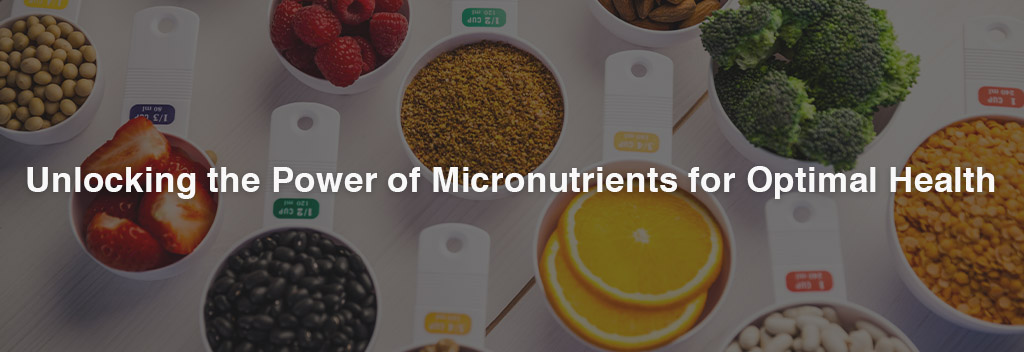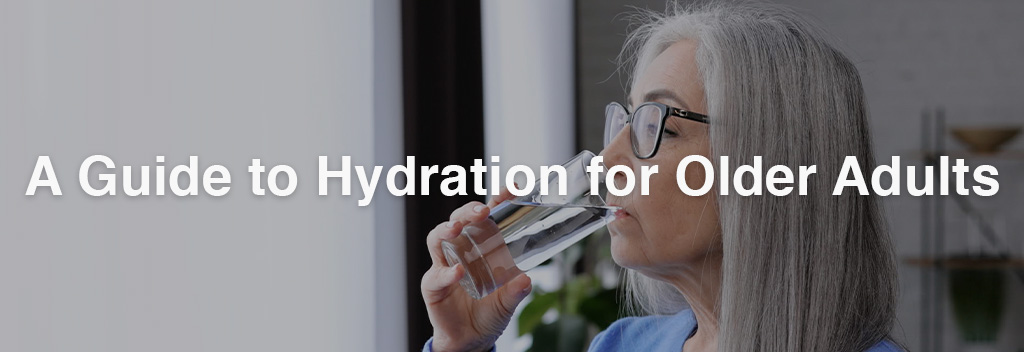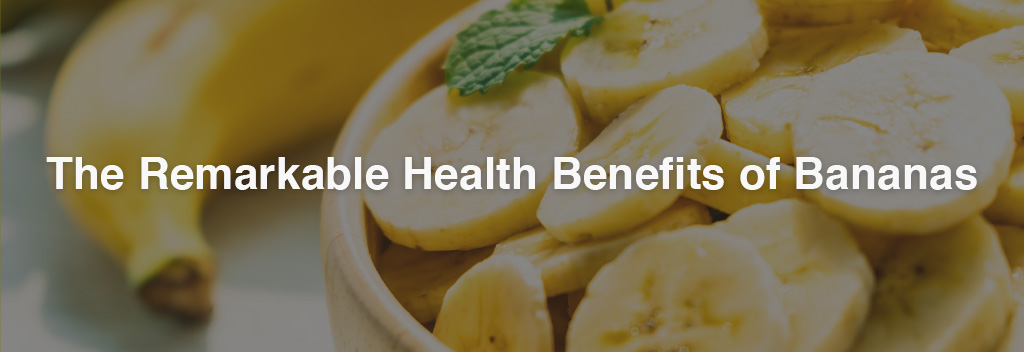
Sodium is an essential mineral for our body. It helps to regulate the amount of fluid in the body, plays a key role in nerve transmission, and helps to control blood pressure levels. For people aged 65 and above, it is especially important to maintain sodium levels as the body’s ability to regulate sodium decreases with age.
The daily requirement of sodium is no more than 1500 mg for adults.
Tips to Maintain Sodium Intake in Older Adults

1. Prepare meals at home
Eating out often leads to an increased sodium intake because food from restaurants and fast-food joints is high in sodium content. Therefore, preparing meals at home is the most effective way to control sodium levels. Use fresh ingredients and herbs for flavor, instead of relying on packaged sauces and condiments high in sodium.
2. Choose fresh fruits & veggies
Fresh fruits and vegetables are generally lower in sodium than canned or packaged foods. This is because many canned or processed foods, such as soups, sauces, and frozen dinners, are high in sodium due to the added salt used for preservation and flavor.
3. Read nutrition labels
Nutrition labels can provide valuable information about the sodium content of foods. Be sure to read labels before buying a product and pick foods with a lower sodium content.
4. Limit processed foods
Processed foods are usually high in sodium. This includes frozen meals, cured meats, and packaged snacks.
5. Ask for sauces and dressings on the side
When eating out, sauces and dressings can add a lot of sodium to a meal. Ask for them to be served on the side so you can control how much to add to your meal.
6. Use herbs and spices for flavor
Herbs and spices like mint, coriander, oregano, parsley, etc. are a great way to add flavor to your meals without adding salt. Experiment with different combinations to find ones that you enjoy.
Read More: Can Certain Food Improve Your Brain Health?
Benefits of a Low Sodium Diet

Lowers blood pressure
Following a low-sodium diet menu can be an effective way to reduce high blood pressure in those aged 65 and above. A low-sodium diet helps to reduce the amount of salt present in the body. The body holds onto sodium as it increases the amount of water it needs to maintain the right balance of fluids. As a result, it increases the amount of blood in the body, raising blood pressure. Thus, reducing the amount of sodium in the body can help lower blood pressure.
Reduces the risk of stroke
A low-sodium diet menus is beneficial for reducing the risk of stroke because it helps to reduce blood pressure levels. When blood pressure is too high, it can place a strain on the arteries, which can make them weak and narrow, increasing the risk of a stroke.
Decreases the chance of developing kidney stones and osteoporosis
A low-sodium diet helps decrease the chance of developing kidney stones and osteoporosis. Excess calcium that is not reabsorbed by the body can lead to the formation of crystals in the urinary tract. Additionally, excreting more calcium than the body absorbs can weaken bones and increase the risk of osteoporosis. This in turn helps reduce the amount of calcium and other minerals that would otherwise be excreted through the kidneys.
Reduces water retention
Sodium is an electrolyte that plays a key role in maintaining the balance of fluids in the body. Consuming excessive sodium can cause the body to retain water, leading to water retention and bloating. On the other hand, reducing sodium intake can help the body get rid of excess water and reduce water retention.
Maintaining a healthy fluid balance is important because water retention can contribute to high blood pressure, which is a common problem in older adults. Additionally, reducing water retention can help seniors feel more comfortable.
Read More: 7 Drinks to Keep the Elderly Hydrated
Helps with weight loss
Sodium is an essential mineral required by the body, but foods for low sodium diet may help older adults achieve weight loss goals. Although there is no single diet or nutritional plan that works for everyone, reducing sodium intake after 7 p.m. will help you lose weight by decreasing water retention in the body. Instead of opting for salt-free diets that are not sustainable, try finishing dinner by 7 PM. Thus, the body will respond better and get rid of bloating and water retention more effectively.
Individuals 65 years and older should speak with their doctor or a dietitian to devise a plan that fits their needs, lifestyle, and weight loss goals.
Read More: A Healthy Lifestyle Plan for Seniors
Key Takeaways
For elders 65 and older, consuming foods for low sodium diet is crucial for healthy aging. Additionally, it can help increase energy, decrease appetite, and enhance general well-being. Seniors should therefore consider consuming less sodium and including healthier food options in their meal planning.
If you are unclear about what to eat or how much sodium to consume, consult the primary care physicians at EliteCare Health Centers. Physicians at this health and wellness center will assist in primary care services and assess any pre-existing conditions and recommend the most appropriate diet plan that will promote minimal sodium intake and healthy aging.






